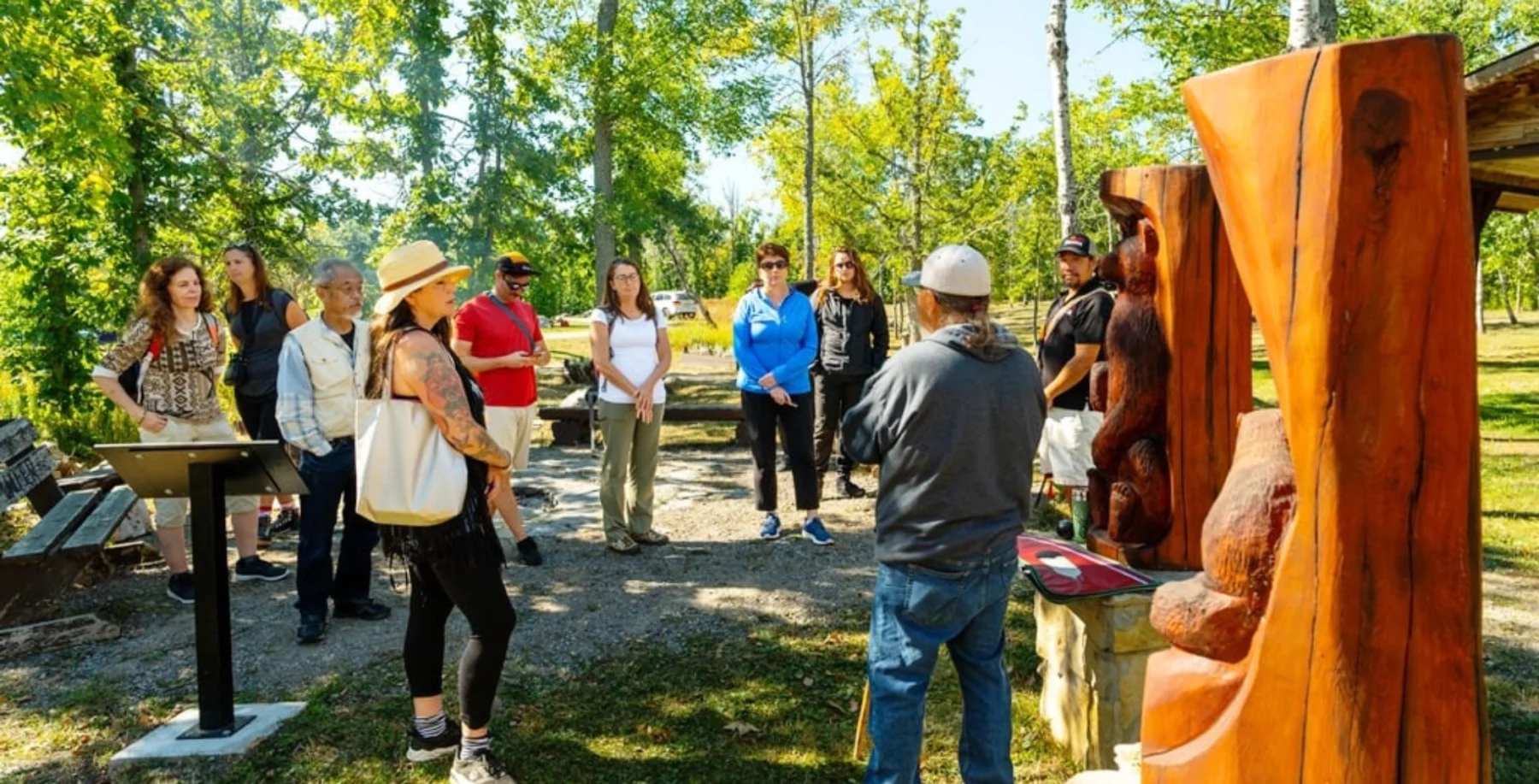
PELLEAS ET MELISANDE by Claude Debussy (Against the Grain Theatre). At the Canadian Opera Companys Max Tanenbaum Courtyard Gardens (227 Front East). June 23 and 25 at 7:30 pm. $40-$60. againstthegraintheatre.com. See listing. Rating: NNNN
It’s hard to imagine a more atmospheric production of Debussy’s opera Pelleas Et Melisande than Against the Grain’s outdoor version in the garden behind the Canadian Opera Company’s admin offices.
Surrounded on three sides by red brick, ivy-covered walls, with attention focused on a gazebo centre stage, director Joel Ivany’s evocative staging brings magic to this fairytale story of a love triangle involving two royal brothers and a mysterious woman they both love.
Golaud (Gregory Dahl) finds Melisande (Miriam Khalil) as they both wander lost in a dark forest he weds her and brings her home to the troubled kingdom of his grandfather, Arkel (Alain Coulombe), where Melisande and Golaud’s half-brother, Pelleas (Etienne Dupuis), fall in love. No happy ending here, with growing jealousy leading to two deaths.
The text, mythic and symbolic, has a touch of the Rapunzel story along with its poetic imagery that repeatedly makes use of tears the work explores contrasts of light and dark, land and water, storm and calm. Debussy’s score captures the opposites in a shimmering cascade of notes and delicate harmonies, with colours that suggest a variety of moods and the heaviness or lightness of the different settings.
Ivany makes fine use of the space, including the alleyway behind the garden’s fence. The grass represents water, with six-sided stones dotted throughout becoming the solid places where characters stand. The surrounding buildings provide great acoustics, the singers voices’ bouncing off them resonantly as seabirds serendipitously fly overhead at key moments.
Those singers – including those of Megan Latham as Arkel’s daughter and Andrea Nunez as Golaud’s young son, Yniold – are always impressive, and the show gains further intensity by having the performers so close to the audience. Facial expressions are easy to read, and when Pelleas first touches Melisande, we see Khalil twitch uncomfortably.
There are some memorable scenes, including the episode in which Melisande, high in a tower, lets her hair down and Pelleas sensually coils himself in her tresses it’s both playful and sexy at the same time, and the performers capture that richness. There’s power and increased tension, too, in the scene in which Golaud, determined to confirm the lovers’ guilt, uses Yniold to spy on his brother and wife.
The singers are committed actors, too, with Khalil suggesting Melisande’s mystery and unrevealed depths from her first entry and Dupuis as the ardent yet unhappy Pelleas. Coulombe brings a regal, commanding, though quiet note to the troubled Arkel. Perhaps most impressive is Dahl’s Golaud, needy and increasingly menacing, sometimes in a suave fashion.
Music director Julien LeBlanc does the seemingly impossible by using his solo piano to conjure up the multihued orchestral score and never making it sound soporific despite its dreamy quality.
Camellia Koo’s set design and Jason Hand’s four-story lighting give added magic to the space, while Ming Wong’s handsome costumes provide a period feel.
Despite all these pluses, the opera itself isn’t the most dramatic of works, either narratively or emotionally. Strong as some individual scenes are, they don’t cohere into a whole. Though that’s arguably the intention of the symbolist play on which Debussy based his work, the climactic scene of violence is unsuccessful and the following one in which characters attempt to make amends gets an added moving boost from Ivany’s staging rather than the writing.












